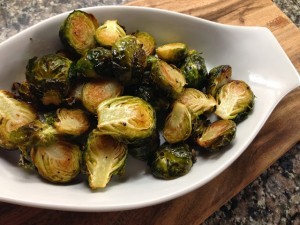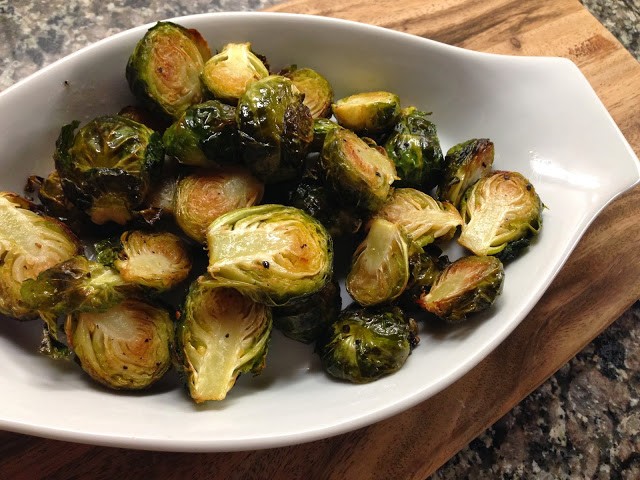
You'll find nearly 100 studies in PubMed (the health research database at the National Library of Medicine in Washington, D.C.) that are focused on Brussels sprouts, and over half of those studies involve the health benefits of this cruciferous vegetable in relationship to cancer. This connection between Brussels sprouts and cancer prevention should not be surprising since Brussels sprouts provide special nutrient support for three body systems that are closely connected with cancer development as well as cancer prevention. These three systems are the body's detox system, its antioxidant system, and its inflammatory/anti-inflammatory system. Chronic imbalances in any of these three systems can increase risk of cancer, and when imbalances in all three systems occur simultaneously, the risk of cancer increases significantly. Among all types of cancer, prevention of the following cancer types is most closely associated with intake of Brussels sprouts: bladder cancer, breast cancer, colon cancer, lung cancer, prostate cancer, and ovarian cancer.
Brussels sprouts have been voted as the most-hated vegetable in both the US and Britain,1 perhaps because they can be notoriously smelly. But the offensive odor only occurs when these nutritional powerhouses are overcooked – something you definitely want to avoid to preserve both their flavor and nutrients.
Further, that odor comes from a type of glucosinolate, a sulfur-containing compound that is responsible for some pretty impressive health benefits, including fighting cancer. So the next time you’re thinking of turning your nose up at these much-maligned veggies, you might want to give them a chance instead.
Low in Calories and Packed with Nutrition
Brussels sprouts are an ideal food if you’re looking for something that’s hearty yet low in calories. One cup of cooked Brussels sprouts contains just 56 calories but is packed with more than 240 percent of the recommended daily amount (RDA) for vitamin K1, …
![]() Brussels sprouts are rich in many valuable nutrients. They are an excellent source of vitamin C and vitamin K. They are a very good source of numerous nutrients including folate, manganese, vitamin B6, dietary fiber, choline, copper, vitamin B1, potassium, phosphorus, and omega-3 fatty acids. They are also a good source of iron, vitamin B2, protein, magnesium, pantothenic acid, vitamin A, niacin, calcium, and zinc. In addition to these nutrients, Brussels sprouts contain numerous disease-fighting phytochemicals including sulforaphane, indoles, glucosinolates, isothiocynates, coumarins, dithiolthiones, and phenols.
Brussels sprouts are rich in many valuable nutrients. They are an excellent source of vitamin C and vitamin K. They are a very good source of numerous nutrients including folate, manganese, vitamin B6, dietary fiber, choline, copper, vitamin B1, potassium, phosphorus, and omega-3 fatty acids. They are also a good source of iron, vitamin B2, protein, magnesium, pantothenic acid, vitamin A, niacin, calcium, and zinc. In addition to these nutrients, Brussels sprouts contain numerous disease-fighting phytochemicals including sulforaphane, indoles, glucosinolates, isothiocynates, coumarins, dithiolthiones, and phenols.
Please Read this Article at Articles.Mercola.com





Leave a Reply